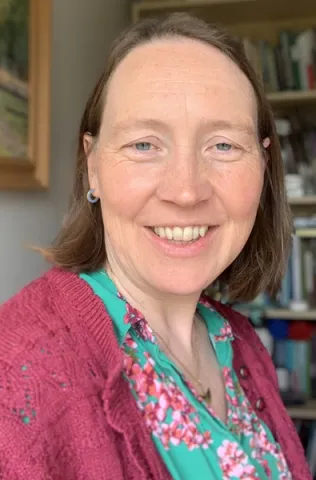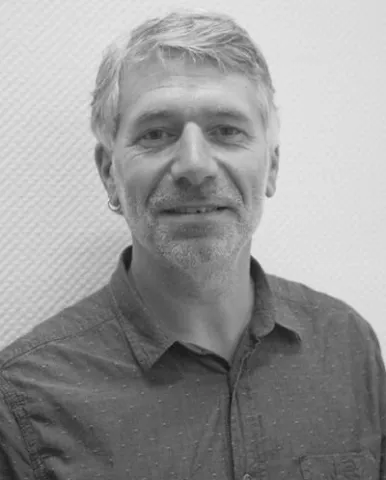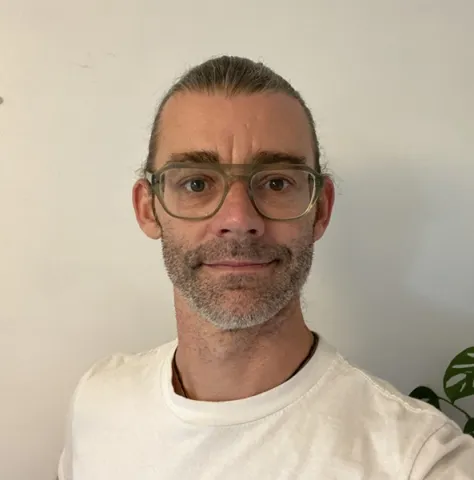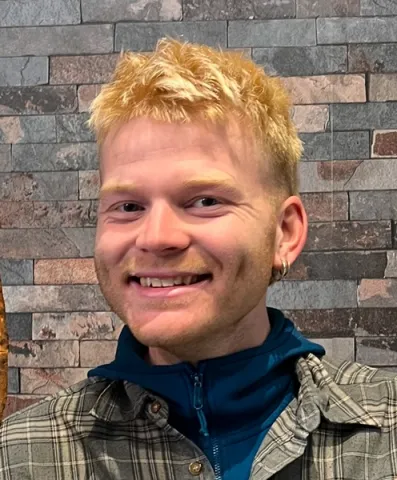Project overview
The project examines the benefits and harms of an industrialised food system to communities of humans, animals, microbes, and the environment. It does this through the lens of socio-metabolic relations – a conceptual framework that moves beyond functional understandings of inputs and outputs, to integrate lived experiences of benefits and harms.
Over the next three years 2024-27, the project will forge a novel policy instrument of ethical principles for socio-economic transitions to UK food system resilience.
The chicken meat industry provides a cheap, nutritious and accessible protein source, meeting 50% of the UK meat demand. Yet it is vulnerable to disruptions from international trading conditions, extreme weather, and potential civil unrest given the central place in the nation’s diet, alongside public concern around chicken-welfare and chicken-waste polluting UK rivers.
TRI-SoMe CHICKEN develops resilient socio-metabolics through co-produced knowledge, intervention and engagement.
It aims to:
i) Discover situated and diverse human and animal experiences of what there is to eat, to understand experiences of vulnerability and resilience to natural, socio-economic and geo-political shocks.
ii) Model past, present and future socio-ecological and metabolic parameters of chicken production, transformation to meat, carcass waste and slurry to understand material effects on lives, environments, markets and trade, and to enhance human and ecological resilience.
iii) Develop and establish an ethical policy-instrument and framework to address industrial socio-metabolic processes in UK food system resilience risk-management.
The project brings together two human geographers, a physical geographer, a zoologist, a food policy nutritionist and a cultural humanities scholar, with poultry industry project partners, poultry R&D subcontractors, policymakers and consumers.
It does this through the following work-streams:
WS1: Socio-Metabolic Consumption: Feeding and Eating Chicken. We will undertake qualitative research interviews with UK chicken consumers (foodbank users, middle-income), chicken retailers, and poultry feed manufacturers, integrators, food production operatives, and nutrition biochemists, to discover experiences of nutritional insecurity, metabolic vulnerability, and tactics of nutritional and metabolic resilience.
WS2: Socio-Metabolic Environments: Chicken Production in Time and Place. We will use farmer interviews and ethnographies alongside existing data to study the drivers of recent historic variability in chicken production and trade (weather, input costs, regulatory changes, etc.) to assess the goods and harms for chickens, land and water environments, biodiversity, poultry producers and integrators, consumers and retailers. We will produce a model of resilient industrial socio-metabolics in order to identify risks and potential interventions under current and future climate and policy scenarios.
WS3: Socio-Metabolic Politics: Risks and Ethical Principles of Chicken. We will convene stakeholder workshops, publish a series of policy briefs and podcast interviews, to co-develop a novel policy instrument of ethical principles for resilient food system thinking that is relevant and has buy-in from stakeholders across the sector.
The project will create
-increased interdisciplinary research capacity between academics and non-academic partners
-valuable insights and policy interventions to strengthen a resilient UK food system that is ethical, sustainable and equitable, supporting improved human and chicken health and wellbeing
-a unique socio-metabolic dynamic foodsystems framework for understanding how the poultry sector has, and could, approach resilience to extreme weather and trade disruptions
-a socio-metabolic resilience modelling blue-print for other food industries to follow.
Over the next three years 2024-27, the project will forge a novel policy instrument of ethical principles for socio-economic transitions to UK food system resilience.
The chicken meat industry provides a cheap, nutritious and accessible protein source, meeting 50% of the UK meat demand. Yet it is vulnerable to disruptions from international trading conditions, extreme weather, and potential civil unrest given the central place in the nation’s diet, alongside public concern around chicken-welfare and chicken-waste polluting UK rivers.
TRI-SoMe CHICKEN develops resilient socio-metabolics through co-produced knowledge, intervention and engagement.
It aims to:
i) Discover situated and diverse human and animal experiences of what there is to eat, to understand experiences of vulnerability and resilience to natural, socio-economic and geo-political shocks.
ii) Model past, present and future socio-ecological and metabolic parameters of chicken production, transformation to meat, carcass waste and slurry to understand material effects on lives, environments, markets and trade, and to enhance human and ecological resilience.
iii) Develop and establish an ethical policy-instrument and framework to address industrial socio-metabolic processes in UK food system resilience risk-management.
The project brings together two human geographers, a physical geographer, a zoologist, a food policy nutritionist and a cultural humanities scholar, with poultry industry project partners, poultry R&D subcontractors, policymakers and consumers.
It does this through the following work-streams:
WS1: Socio-Metabolic Consumption: Feeding and Eating Chicken. We will undertake qualitative research interviews with UK chicken consumers (foodbank users, middle-income), chicken retailers, and poultry feed manufacturers, integrators, food production operatives, and nutrition biochemists, to discover experiences of nutritional insecurity, metabolic vulnerability, and tactics of nutritional and metabolic resilience.
WS2: Socio-Metabolic Environments: Chicken Production in Time and Place. We will use farmer interviews and ethnographies alongside existing data to study the drivers of recent historic variability in chicken production and trade (weather, input costs, regulatory changes, etc.) to assess the goods and harms for chickens, land and water environments, biodiversity, poultry producers and integrators, consumers and retailers. We will produce a model of resilient industrial socio-metabolics in order to identify risks and potential interventions under current and future climate and policy scenarios.
WS3: Socio-Metabolic Politics: Risks and Ethical Principles of Chicken. We will convene stakeholder workshops, publish a series of policy briefs and podcast interviews, to co-develop a novel policy instrument of ethical principles for resilient food system thinking that is relevant and has buy-in from stakeholders across the sector.
The project will create
-increased interdisciplinary research capacity between academics and non-academic partners
-valuable insights and policy interventions to strengthen a resilient UK food system that is ethical, sustainable and equitable, supporting improved human and chicken health and wellbeing
-a unique socio-metabolic dynamic foodsystems framework for understanding how the poultry sector has, and could, approach resilience to extreme weather and trade disruptions
-a socio-metabolic resilience modelling blue-print for other food industries to follow.




